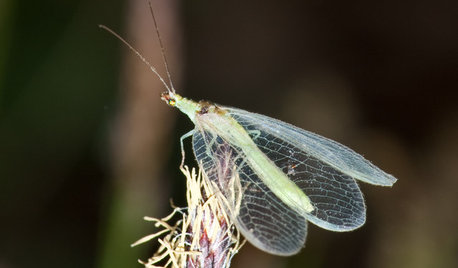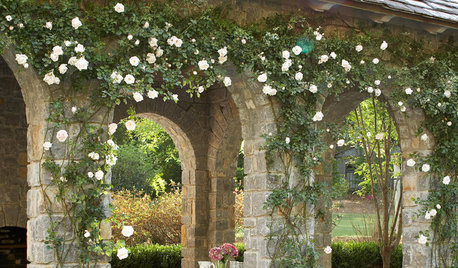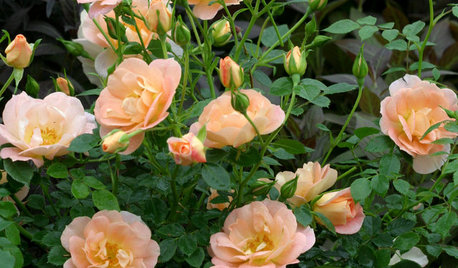Ladybugs vs. Aphids - need advice
botanybabe
17 years ago
Featured Answer
Sort by:Oldest
Comments (7)
username_5
17 years agosqueeze
17 years agoRelated Professionals
Lyons Landscape Architects & Landscape Designers · North New Hyde Park Landscape Architects & Landscape Designers · Winder Landscape Architects & Landscape Designers · Huntley Landscape Contractors · Lantana Landscape Contractors · Marlborough Landscape Contractors · Painesville Landscape Contractors · Frisco Decks, Patios & Outdoor Enclosures · Lakewood Decks, Patios & Outdoor Enclosures · Layton Decks, Patios & Outdoor Enclosures · Littleton Decks, Patios & Outdoor Enclosures · Meridian Decks, Patios & Outdoor Enclosures · Palm Beach Gardens Decks, Patios & Outdoor Enclosures · Salem Decks, Patios & Outdoor Enclosures · San Jose Decks, Patios & Outdoor EnclosuresKimmsr
17 years agodchall_san_antonio
17 years agolittle_minnie
10 years agolkzz
10 years ago
Related Stories

GARDENING GUIDESLook Out for Lacewings: Beneficial Insects Coming to a Garden Near You
Lacewings are delicate insects that produce alligator-like, hungry offspring that devour aphids and other garden pests
Full Story
WINTER GARDENINGPruning Secrets for Exquisite Roses
Encourage gorgeous blooms year after year with this time-tested advice on how to prune your rosebush in winter for health and shape
Full Story
HOUSEKEEPINGHow to Clean Your Range and Oven
Experts serve up advice on caring for these kitchen appliances, which work extra hard during the holidays
Full Story
LIFEYou Said It: ‘Life Is Better When the House Is Clean’ and More
Highlights from the week include great advice for a clean, organized and happy 2015
Full Story
GARDENING GUIDESGreat Design Plant: Rosa Banksiae a Low-Maintenance Beauty
This thornless, disease- and insect-resistant rose brings showers of white or yellow flowers to the spring garden
Full Story
GARDENING GUIDES6 Wonderfully Easy Roses for Any Gardener
Look like an expert even if you're just starting out, with these low-maintenance gems of the rose world
Full Story
GARDENING GUIDESGarden Myths to Debunk as You Dig This Fall and Rest Over Winter
Termites hate wood mulch, don’t amend soil for trees, avoid gravel in planters — and more nuggets of garden wisdom
Full Story
TASTEMAKERS'The Collected Home' Offers a Wealth of Design Tips
From planning to decorating, the father of 'new traditionalist' style dishes out scads of design suggestions you might never have considered
Full Story
EDIBLE GARDENSGarden BFFs? Why Your Vegetables Are Begging for Companion Plants
Foster friendships among plants for protection from pests, pollination support and color camaraderie
Full Story
GARDENING AND LANDSCAPINGBid Bad Garden Bugs Goodbye and Usher In the Good
Give ants their marching orders and send mosquitoes moseying, while creating a garden that draws pollinators and helpful eaters
Full Story





albert_135 39.17°N 119.76°W 4695ft.